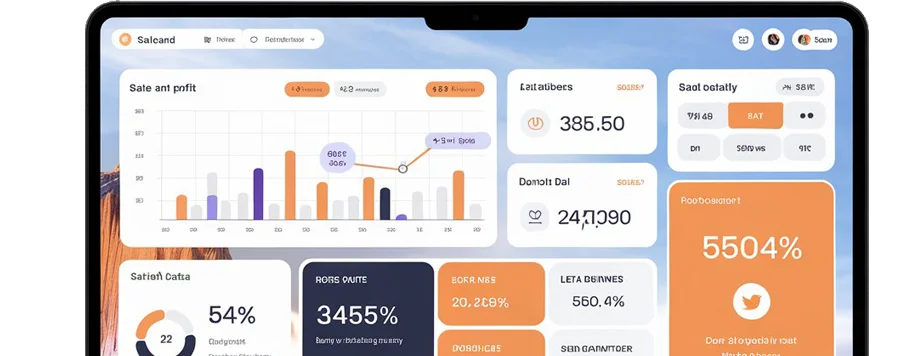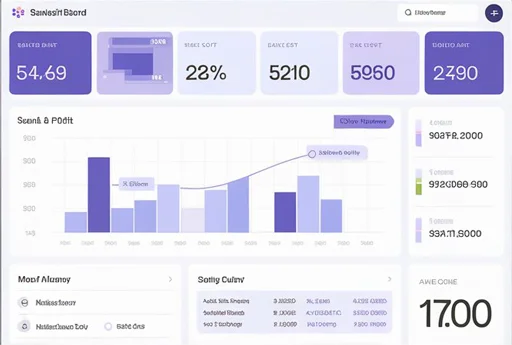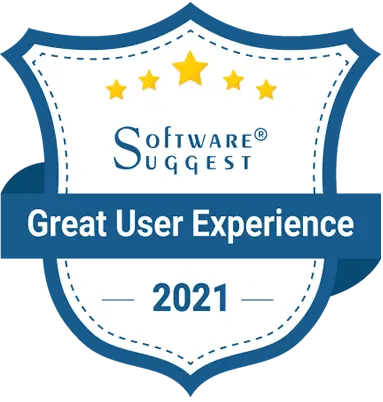Comprehensive Guide to Quality Assurance (QA) in Software Testing: Ensuring Software Excellence
Introduction
In today’s competitive digital landscape, software quality directly influences user experience, brand reputation, and business success. QA in software testing is a systematic process focused on identifying, preventing, and rectifying defects throughout the development lifecycle to ensure the product meets high standards of performance, usability, and security. This guide explores the importance, benefits, methodologies, and best practices of QA in software testing, crafted with SEO-friendly techniques to help you understand its pivotal role in software development.
What is it?
QA in software testing is a proactive process involving planned and systematic actions that ensure software products or services meet specific requirements and user expectations. Unlike Quality Control (QC), which detects defects after software creation, QA ensures the software development process itself is optimal to avoid defects in the first place. QA focuses on improving the development and testing stages, emphasizing prevention over cure.
Why is it Essential
The value of quality assurance cannot be understated. Here are several reasons why QA is crucial in software testing:
- Improved Product Quality: QA identifies issues early, ensuring the product meets high-quality standards, which leads to improved reliability and performance.
- Cost Savings: Detecting and fixing issues during the development phase is significantly more cost-effective than after deployment.
- Enhanced User Experience: Quality assurance helps deliver software that functions seamlessly, improving user satisfaction and retention.
- Regulatory Compliance: Many industries require QA for compliance with standards such as ISO, GDPR, or HIPAA, which protect data security and privacy.
- Brand Reputation: A well-tested product fosters customer trust and enhances brand credibility.
Key Principles
It is governed by core principles that ensure efficient and effective testing processes. Understanding these principles helps organizations establish a robust QA framework.
- Continuous Improvement: QA aims for continual enhancements in processes to meet evolving quality benchmarks.
- Preventive Approach: QA emphasizes defect prevention rather than defect detection, reducing the occurrence of errors in production.
- User-Focused: Testing revolves around user requirements and expectations to ensure the software is usable, functional, and relevant.
- Comprehensive Documentation: QA processes involve thorough documentation to keep track of testing activities, outcomes, and areas of improvement.
Methodologies
The right methodology can make all the difference in the effectiveness of your QA strategy. Some widely adopted QA methodologies include:
- Waterfall Model: A linear, sequential approach suitable for projects with well-defined requirements. It’s straightforward but lacks flexibility for iterative improvements.
- Agile Testing: Involves iterative testing throughout the development cycle, ideal for dynamic projects where requirements may evolve.
- DevOps and Continuous Integration (CI/CD): Integrates QA into continuous development and deployment, promoting faster releases with automated testing.
- V-Model: A modification of the Waterfall model that emphasizes validation and verification, ensuring testing aligns with development.
- Scrum Testing: A subset of Agile, Scrum involves short development cycles called sprints, with QA incorporated at every sprint.















